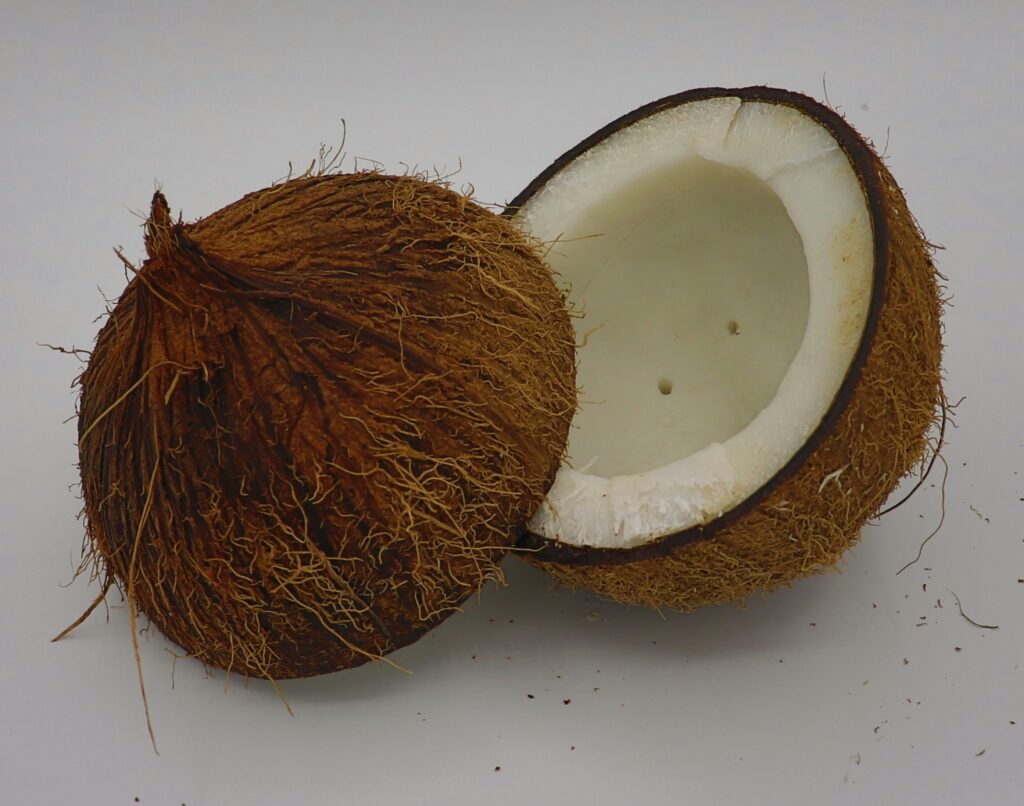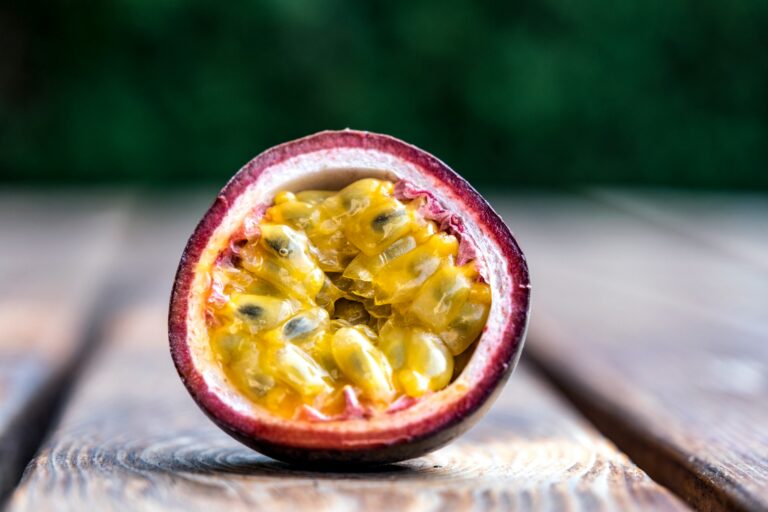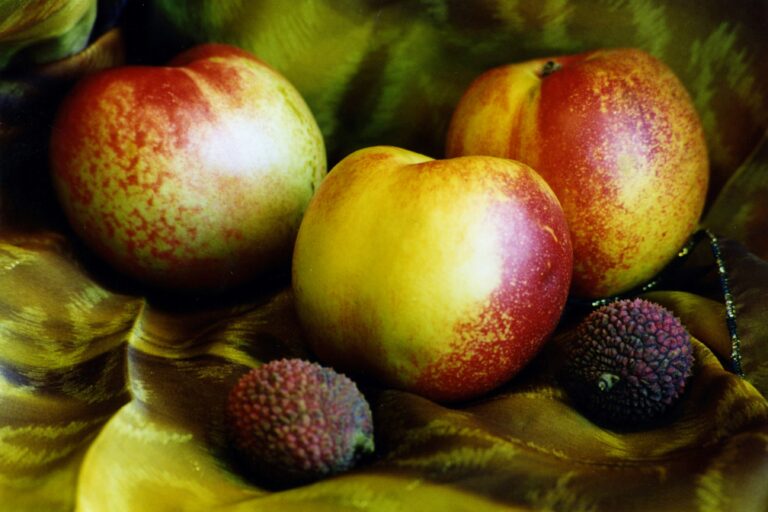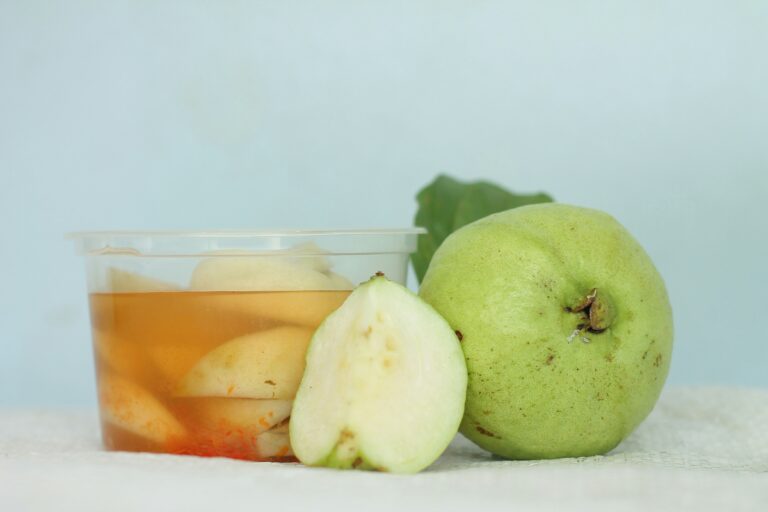The scientific name of the coconut is Cocos nucifera. The Coconut tree belongs to the family Arecaceae. The coconut is the only living member of the genus Cocos. Coconuts belong to the palm family. Coconuts are likely to have the first cultivated on islands in South Asia, meaning the Philippines, Malaysia, and perhaps the continent as well. It is currently thought to have originated in the coastal areas of South Asia and Melanesia.
Color: Coconut is a warm, light brown color, resembling the color of coconut husk. The white coconut is pale cream with hairy white fibers.
Shape: Mature coconuts are ovoid or ellipsoid in shape.
Size: These are about 30 to 50 cm in length and 15 to 20 cm in diameter. They have a thick fibrous husk surrounding the single-seeded nut.
Flavor: It has a hint of natural sweetness complemented by a slight floral note, making it ideal for botanical cocktails and isotonic beverages. Pure coconut extract is made from the natural coconut extractives and either alcohol or propylene glycol.
Nutrients
100 grams of one coconut contains the following beneficial nutrients
- Calories 354
- Total fat 33 g
- Saturated fat 30 g
- Sodium 20 mg
- Potassium 356 g
- Total carbohydrates 15 g
- Sugar 6 g
- Protein 33 g
- Dietary fiber 9 g
- Vitamin C 5% of the daily value
- Calcium 1% of the daily value
- Magnesium 8% of the daily value
- Vitamin B6 5% of the daily value
- Iron 13% of the daily value
| How to grow a coconut? |
Health Benefits of Coconut
Coconuts are low in carbohydrates and high in fiber. Coconut helps to promote blood sugar control, contains powerful antioxidants, and has antibacterial effects.
Antibacterial effects
Coconut oil could help to block the growth of certain bacterial strains. Test tube studies showed that coconut oil was able to inhibit the growth of Staphylococcus aureus, a type of bacteria that causes the staph infection.
Powerful antioxidants
Coconut meat contains phenolic compounds, which are antioxidants that can help protect cells from oxidative damage. The main phenolic compounds are Gallic acid, Caffeic acid, Salicylic acid, and p-coumaric acid. Coconut meat has been shown to neutralize harmful compounds called free radicals, which contribute to chronic disease. Antioxidants help to protect against DNA damage.
Promote blood sugar control
Coconut may help to lower blood sugar levels, which may be due to anti-inflammatory properties and antioxidant content. The high fiber content of coconut may also help slow digestion and may potentially improve insulin resistance, which can help regulate blood sugar levels as well.
Highly nutritious
Fruits that are high in carbohydrates. Coconut provides mostly fats. They also contain fats, protein, and a small amount of Vitamin B and other minerals. However, they are not a significant source of most other vitamins. Coconuts are especially high in manganese, which is essential for bone health and the metabolism of cholesterol, carbohydrates, and proteins. Coconut is also rich in Iron and copper, which may form red blood cells, as well as selenium, an important antioxidant that protects your cells.
Support healthy blood pressure
Coconut water is definitely a good source of potassium, a mineral that helps to balance sodium levels in the body and also regulates blood pressure.
Improve skin health
Applying coconut oil to skin and hair is a popular way to add moisture. Coconut oil can seal moisture in the skin to treat dryness. It improves the skin barrier function.
Side Effects of Coconut
Coconut is beneficial for the healthy body mechanism, but taking the amount than the normal amount may lead to serious problems:
- Electrolyte imbalance
- Allergy reactions
- Hyperglycemia
FAQ’s
Does coconut increase sperm count?
Yes, coconut water, particularly mature coconut water, can contribute to improved sperm count and motility. This is due to the presence of L-arginine, a free amino acid with antioxidant properties that can enhance sperm motility and reduce DNA damage.
What is the best time to eat a coconut?
The best time to eat a coconut is when you are hungry and have a fresh, ripe coconut available. While some suggest eating raw coconut in the morning for various benefits like improved digestion and immune function, you can enjoy it at any time that suits your hunger and preferences.






